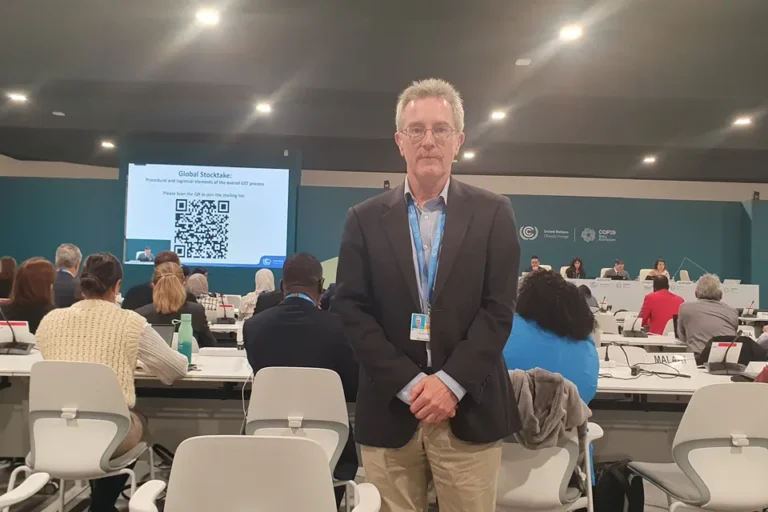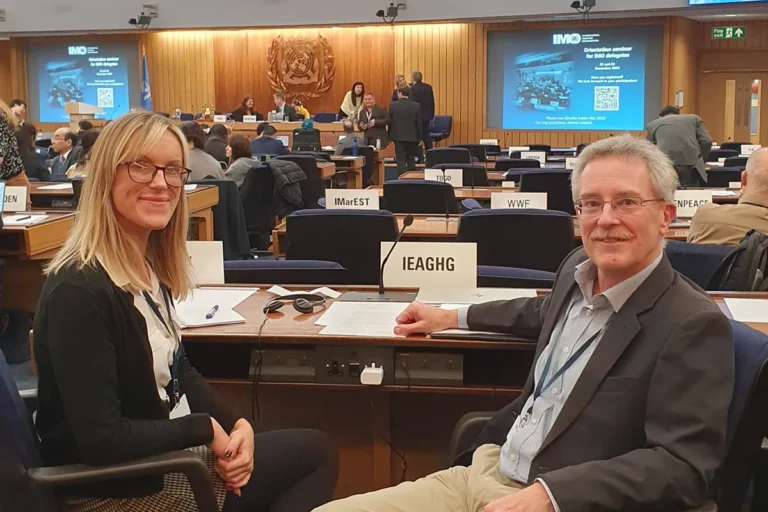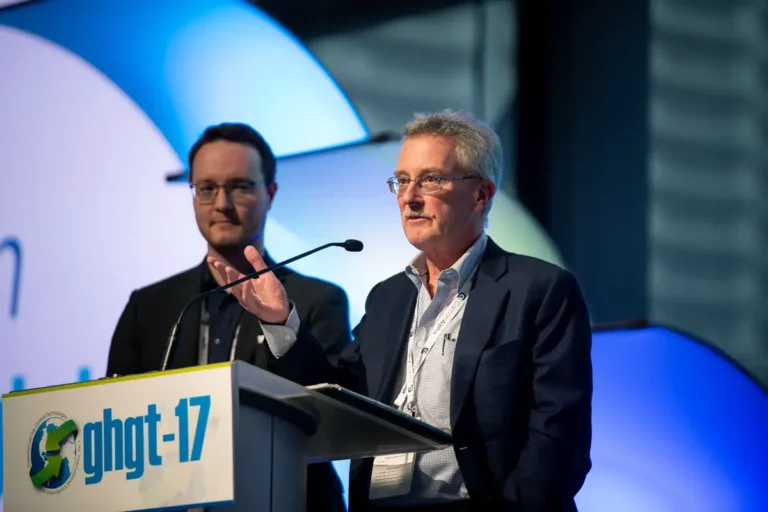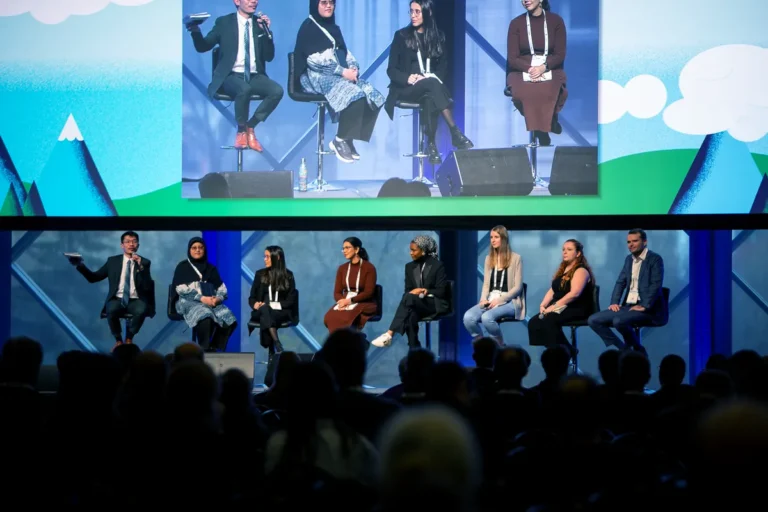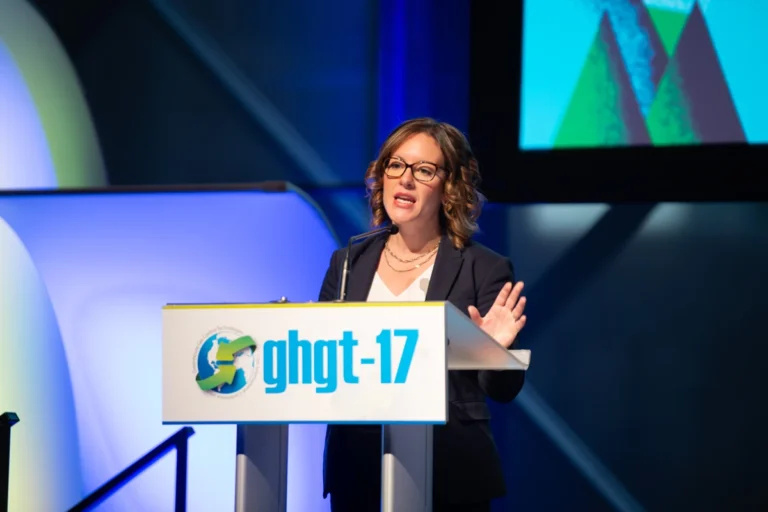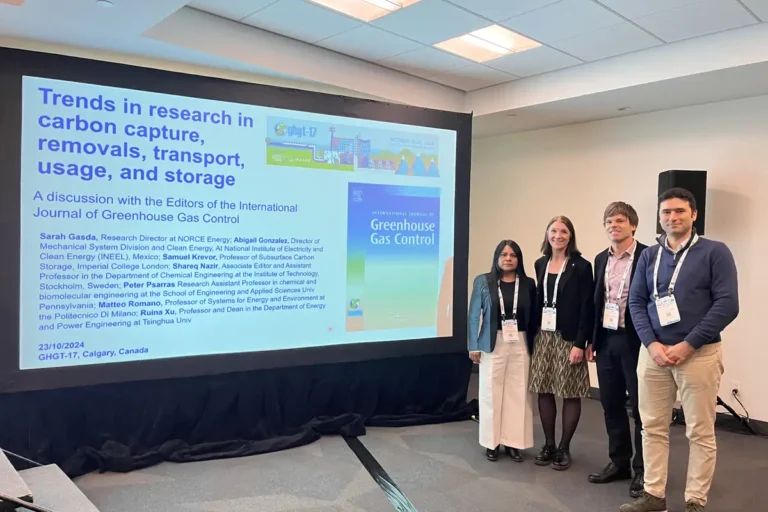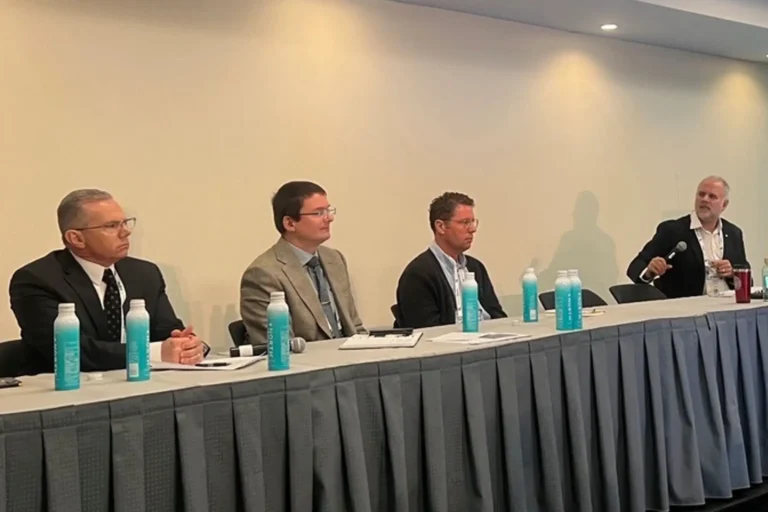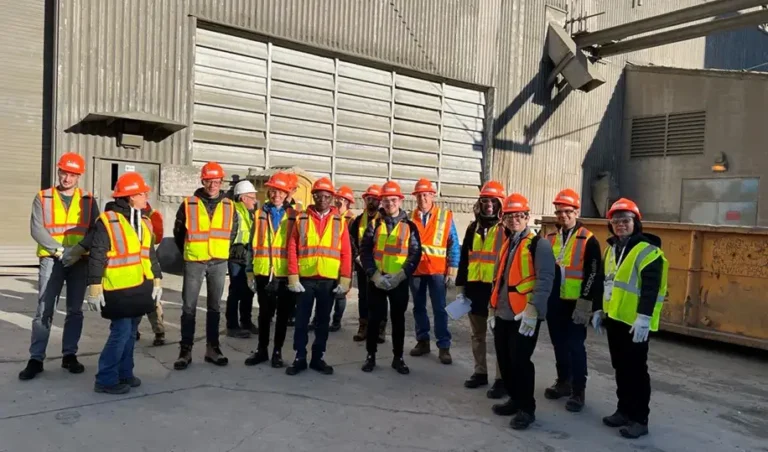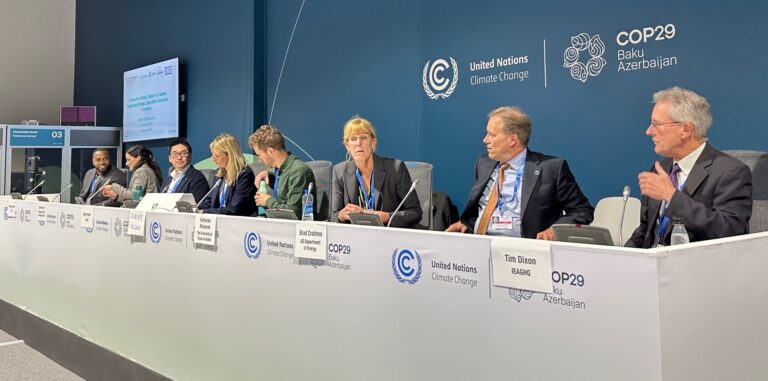
UKCCSRC Biannual, Manchester
14 April 2016

I was honoured to be invited to give the opening keynote at the UKCCSRC Biannual Meeting in Manchester on 13 April (talking on COP-21 and CCS). It was especially rewarding to see the UKCCSRC’s Call 1 and Call 2 projects now producing results and I was sorry to only be able to attend the first day.
Howard Hertzog presented a plenary talk reviewing international experiences of financing CCS demonstration projects, and Alissa Cotton of Shell gave a plenary talk to update on the QUEST project in Alberta, now that it is up to 500,000t CO2 injected. All is going well with that project, and of particular note were their reflections and lessons learnt, so that they estimate a 20-30% cost reduction in construction of any subsequent similar project. So another large-scale project highlighting the cost benefits of learning-by-doing. Also presented in plenary was some UK work on BECCS (ie BioCCS). Several presenters calling for more scrutiny of BECCS given its contribution in IPCC AR5 in that 100 of the 116 IPCC scenarios rely on BECCS. Also of note was the GHG LCA applied to the Drax CCS project with three units running on biomass, showing an 80% reduction in GHG from harvest to use. UKCCSRC are planning dedicated workshops on BECCS later this year.
It was good to see the nanoseismic monitoring project of Strathclyde University now getting data from the Aquistore project’s injection of CO2, although early days yet in its interpretation. The overall seismic monitoring from the extensive permanent arrays will produce a lot of data from that CO2 injection associated with the Boundary Dam project. Many posters were presented on the other projects, including on the Value of CCS Flexibility study which IEAGHG are involved in. This shows that the cross-interaction of CCS with intermittent renewable capacity is decisive to achieving total system cost reduction in electricity production. With integrated CCS and renewable technologies they were are able to achieve a low-carbon and lower-cost future electricity system.
The event was well attended, reflecting the healthy level of research activity run by the UKCCSRC, which also gains and benefits from international collaboration. For more information, including the ppts, see the UKCCSRC website.
Other articles you might be interested in
Get the latest CCS news and insights
Get essential news and updates from the CCS sector and the IEAGHG by email.
Can’t find what you are looking for?
Whatever you would like to know, our dedicated team of experts is here to help you. Just drop us an email and we will get back to you as soon as we can.
Contact Us NowOther articles you might be interested in
Get the latest CCS news and insights
Get essential news and updates from the CCS sector and the IEAGHG by email.
Can't find what you are looking for?
Whatever you would like to know, our dedicated team of experts is here to help you. Just drop us an email and we will get back to you as soon as we can.
Contact Us Now

